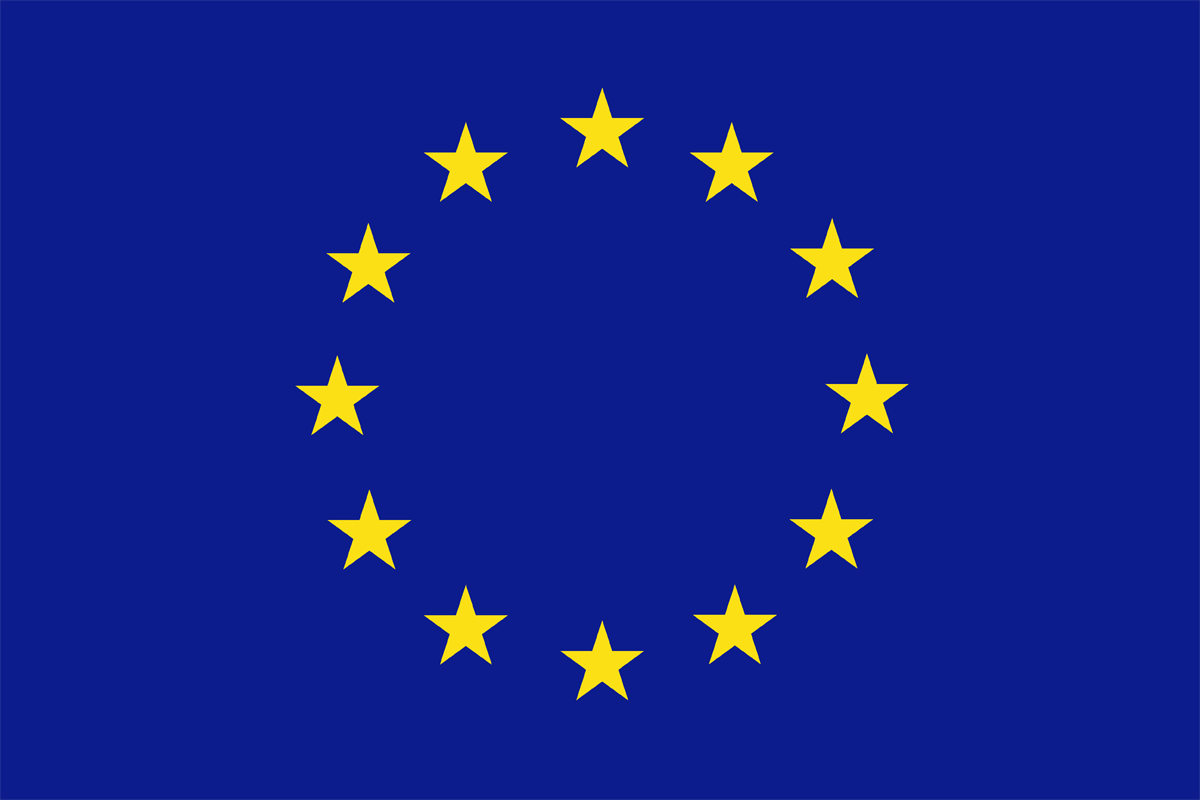South Korea has a long history with cryptocurrencies and it may as well be the world’s third-largest market for them. Following several disturbing events in the recent past, however, have prompted the country to take the matter of regulating cryptocurrencies a little more seriously.
On Tuesday, The South Korean Financial Services Commission said that new measures for the regulation of cryptocurrency exchanges had been implemented. As part of the new adopted assets, the regulator will seek to dispense with the anonymity in the sector as a whole.
In an earlier statement dated 23 January, the Financial Services Commission said that it would enable bank accounts (registered in the holders’ legal name) to trade cryptocurrencies. This comes as a part of the South Korean government to shed some light on the otherwise shady sector of cryptocurrencies.
The FSC will seek to restrict the wriggle room for criminals to carry out their misdeeds in full, while the government stands by idly.
Surprisingly, markets did not take the news seriously and cryptocurrencies remained at their then-levels. This could be explain by the fact that there is little that threatens their stability in the latest news. Essentially, this is a hush-hush government endorsement of the industry.
What remains is to work out a governmental framework, which will allow enough transparency without undermining the crypto buffs’ main tenet, which privacy.
Meanwhile, some of the best names in the sector, such as Bithumb have said that there has been no trouble whatsoever in complying with the government’s regulations.
An unusual endorsement came from both people who hold crypto assets but also main operators, saying that the initiative undertaken by the government of South Korean was in fact a step in the right direction.
Building security over cryptocurrencies is an essential way of creating a vibrant ecosystem that will make things quite possible when it comes to future and heavier investment. A less popular opinion is that the state may even create safety nets so as to avoid companies defaulting on their crypto balance.
However, such a measure looks unlikely provided the current fraught context and hackers increasingly permeating the defences of private firms.
More opinions in favor have been forced. By the estimate of Blockchain Momentum Managing Partner John Sarson, who spoke for CNBC, the creation of a legal framework would in fact allow both clients and companies to feel a little less agitated about the volatility of the currencies as they will be governed by common rules.
Even though South Korea’s participation in the sector may look small, the country is a champion of cryptocurrencies. What appears to be most worrying, however that South Korea is could potentially have a disproportionate impact on the world trade of cryptocurrencies.
Meanwhile, Asia remains at the forefront of cryptocurrencies and digital payment solutions overall. It is natural that any meaningful change in legislation should stem in places where citizens are increasingly reliant on cryptocurrency for everyday operations.
This is particularly the case at a time when regulators are struggling to contain the damage stemming from salvos of hackers’ attacks. Governments are increasingly concerned that the events in Japan and South Korea may repeat themselves elsewhere.
The first thing all new-entrants in the legislation battle need to do is come up with a sufficient way to establish a groundwork for it all. Japan has done well by spearheading with several cryptocurrencies at first.
Now, governments are preparing to take it all to the next level. Instead of focusing on a few cryptocurrencies Japan and South Korea will seek to create blanket measures.
This is better than China’s outright belligerence towards the cryptocurrency. But that is understandable. China is a state that scrutinizes how Internet is used and slaps outright bans to anything that undermine or splinter off its centralized government.
The future of cryptocurrencies is exciting nevertheless.
Jan 31, 2018
South Korea Moves In On Cryptocurrencies



Comments (No)